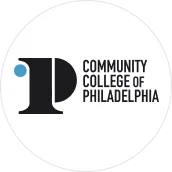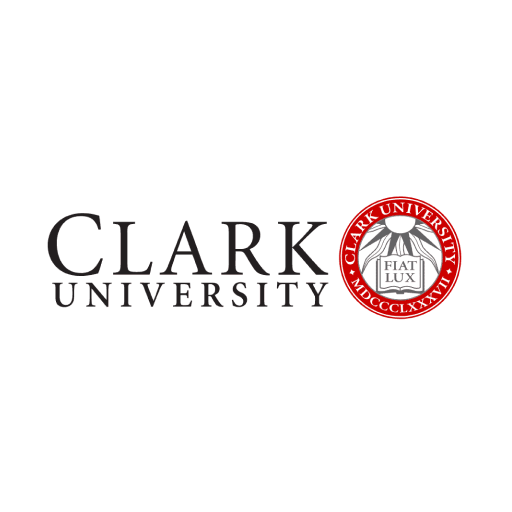Wilson College was founded in 1869 as a college for women, one of the first in the United States. The founders were the Rev. Tryon Edwards and the Rev. James W. Wightman, pastors of Presbyterian churches in nearby Hagerstown, Md., and Greencastle, Pa. They submitted plans to the Presbytery of Carlisle and received its endorsement in April 1868. The Pennsylvania Legislature granted the original charter on March 24, 1869. Miss Sarah Wilson (1795-1871), a resident of nearby St. Thomas, provided two generous donations for the establishment of the new institution. Although Wilson herself had no formal education, she recognized the importance of education for future generations of women. In gratitude for Wilson's gifts, the Trustees voted to name the new institution in her honor. Instruction at the College began on Oct. 12, 1870, after the Trustees had secured the purchase of property formerly owned by Col. A.K. McClure, a close friend and adviser of President Abraham Lincoln.
Since its inception, the College has fostered rigorous intellectual pursuits. Like other women’s colleges, Wilson has long provided opportunities for women to study and teach subjects once thought beyond women’s capabilities, such as chemistry, biology, mathematics and classical languages. President Anna J. McKeag, Wilson’s first woman president (1911-15), strengthened the College’s academic standards. The College has continued to build upon this foundation by increasing the number and kinds of course offerings, improving library resources and bringing distinguished visitors and lecturers to campus. A measure of the College’s intellectual strength is the establishment in 1950 of a chapter of Phi Beta Kappa, the nation’s oldest and most prestigious academic honor society.
Since 1931, the College has recognized outstanding contributions to society by awarding honorary degrees. Recipients have included U.S. Rep. Margaret Chase Smith, Supreme Court Justice Harry Blackmun, anthropologist Margaret Mead, musician Lili Krause, author and activist Rita Mae Brown, and news anchor Walter Cronkite.
Throughout its long history, Wilson has responded to changing times. In 1982, the College was one of the first in the region to begin offering a continuing studies program to meet the needs of a growing population of adults seeking a post-secondary education. In 1996, the College was one of the first in the nation to offer on-campus, residential education for single mothers with children. Since the program began, it has won national attention and Wilson has become the National Center for Single Mothers in Higher Education.
Today, Wilson admits men and women of all ages to enroll in its bachelor's and associate degree programs, as well as post-baccalaureate and graduate programs. To make a Wilson education available to adults, many courses are offered not only during the day, but in the evening, in summer and online, and at convenient off-campus sites.

.png)
 Chambersburg, Pennsylvania, USA
Chambersburg, Pennsylvania, USA


















